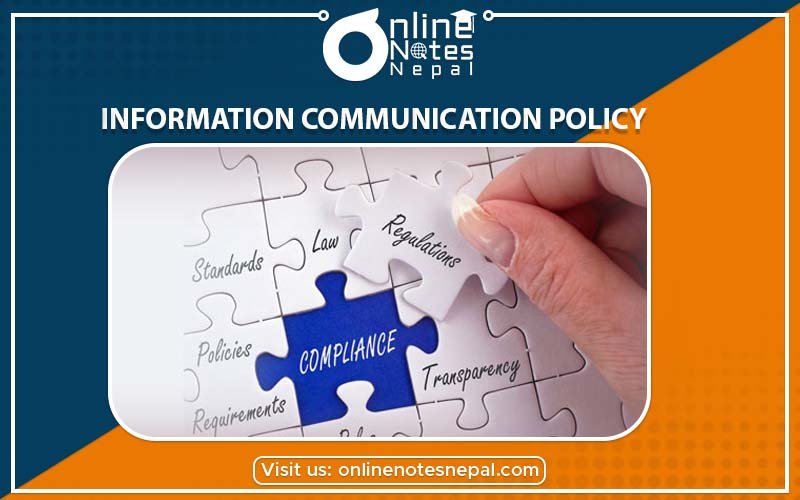Published by: BhumiRaj Timalsina
Published date: 18 Jan 2022

As a developing country, Nepal has availed of the opportunity to rapidly develop various sectors such as education, health, agriculture, tourism, trade, among others, using information technology. The extension application of this technology will engender economic consolidation, development of democratic norms and values, proportional distribution of economic resources, and the means and enhancement of public awareness, thereby raising living standards and, most importantly, contribute significantly to poverty alleviation. An information technology policy is required to develop information technology in the shortest time possible for the sake of the national economy.

The information technology policy shall be developed to attain the following objectives.
The information strategies adopted to accomplish the above-mentioned objectives of rapid development and expansion of information technology in a fair and competitive environment shall be the following: